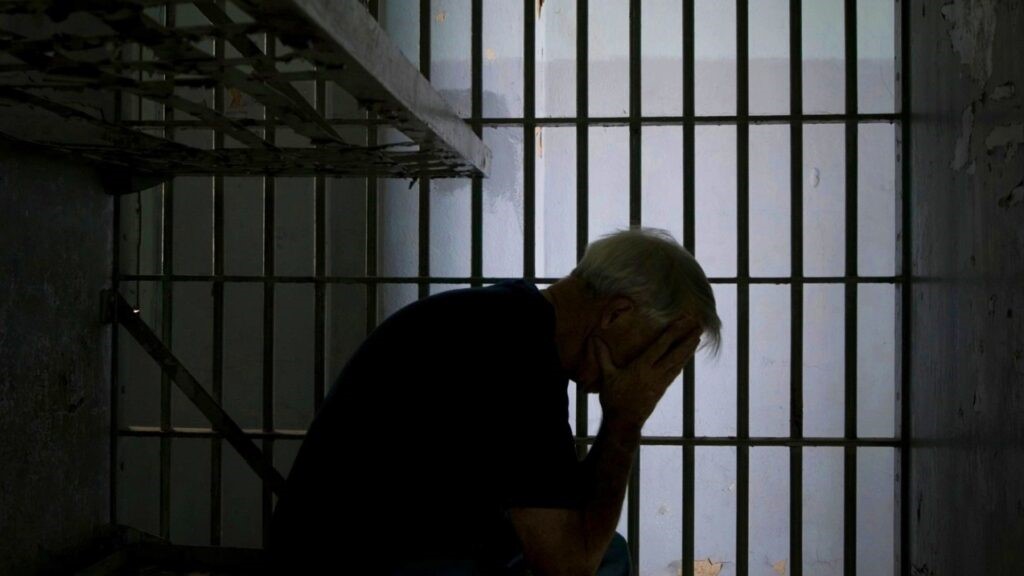There are at least 1,517 sick inmates in Turkish prisons, 651 of whom are seriously ill, Deutsche Welle (DW) Turkish service reported, citing a report from Turkey’s Human Rights Association (İHD).
According to the İHD report, 39 of 76 inmates who died in prison in 2022 were critically ill.
Speaking to DW, İHD Chairman Öztürk Türkdoğan said the number of ailing prisoners and the death toll could be much higher than the report indicated. Türkdoğan described the situation as a “structural problem.”
The İHD also sent the report to the Ministry of Justice and the Turkish parliament, Türkdoğan said.
According to the report, sick inmates face a number of difficulties such as overcrowded wards, heating problems, delayed admission to the infirmary, an insufficient number of doctors, delayed referrals to the hospital and a lack of nutritious food, clean water and adequate exercise.
The report noted that many ill prisoners who are unable to meet their own needs are put in cells by themselves.
Türkdoğan also said many problems could be solved if medical reports issued by university or research hospitals were accepted instead of considering the Council of Forensic Medicine (ATK) as the only authority for such reports.
Doubts over the independence and credibility of the ATK, an institution that assesses the condition of sick inmates to decide if they are fit to remain in prison and is under the jurisdiction of the Ministry of Justice, have grown in recent years as more and more critically ill prisoners have died behind bars.
While relevant regulations favor ill prisoners, political inmates are excluded and have to remain in prison despite the severity of their illness, he said, adding that ”this difference between political prisoners and other inmates should not exist when it comes to the ailing.”
According to the law, the sentence of a prisoner who, due to a serious illness or disability, is unable to manage life on their own under prison conditions and who is not considered a serious or concrete danger to society may be suspended until they recover.
However, the decision to suspend sentences is not implemented for many political prisoners.
Turkish authorities have denied political prisoners, even those with critical illnesses, release from prison so they can at least seek proper treatment. Human rights activists and opposition politicians have frequently criticized authorities for not releasing critically ill prisoners.
Peoples’ Democratic Party (HDP) deputy and human rights defender Ömer Faruk Gergerlioğlu said ill prisoners were not released until they were at the point of no return. He claimed that prisoners did not have access to proper healthcare facilities such as hospitals and clinics.
Republican People’s Party (CHP) Istanbul lawmaker Sezgin Tanrıkulu recently addressed the ATK and asked them to abide by medical ethics and to be more conscientious when issuing reports since they could cause the death of ailing inmates.
Source:Stockholm Center for Freedom (SCF)



